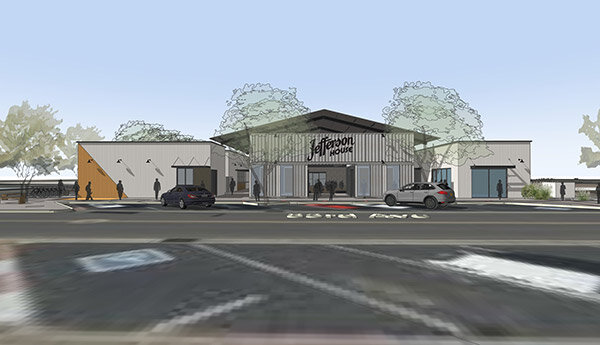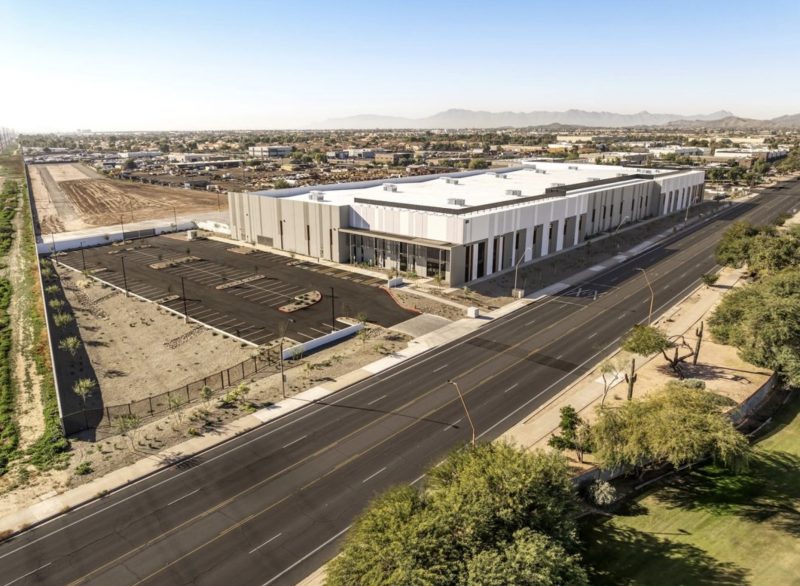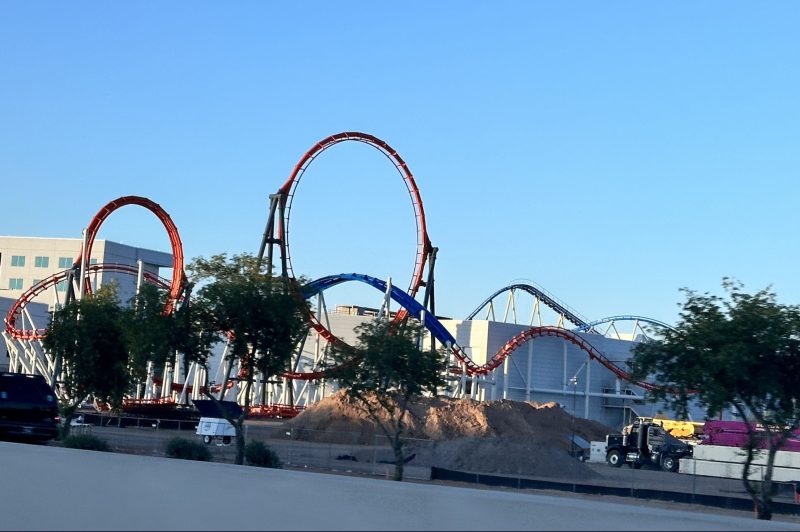By Sam Kmack | Arizona Republic
The Arizona Coyotes’ $2.1 billion deal with Tempe has been a tale of twos since its inception: a tale of two cities that resulted in two lawsuits, of two campaigns fighting over two controversial tax incentives, and of two tiers of approval — one from the City Council and another from Tempe voters on May 16 — that the project needs to secure before it can move forward.
On April 17, that theme of duality continued. Two institutes released separate studies about the economic impact of the deal and their conclusions couldn’t be more different:
- Arizona State University’s Seidman Institute found that the deal would be a fiscal slam dunk for the city in its report, which was funded by the Coyotes. Head researcher Dennis Hoffman concluded that the project would generate $167 million for Tempe over the next 30 years. That’s $12 million more than what was forecast in the Coyotes’ first study.
- The Grand Canyon Institute concluded in its study that the project “will be a net drain, not a net gain” on city coffers. Researcher Dave Wells corrected for what he contends are inaccuracies in the Coyotes’ first study, and determined that Tempe would lose out on $7 million if it pursues the deal.
The conflicting reports have merged to create even more confusion among those trying to decide whether to vote “yes” on the Coyotes’ plan to build an NHL arena, apartments and an entertainment district on a 46-acre site near Town Lake.
A successful project could bolster city coffers and turn a lifeless property into a cash-generating behemoth. On the other hand, a fiscal bust would rob Tempe of the chance to use its “last bulk” of land for a worthwhile development.
The dueling analyses are hard to fathom without a degree in economics or expertise in market analysis. Politics surrounding the Coyotes project have also muddied the waters, given that both major campaigns have accused opposing economic forecasts of being biased.








